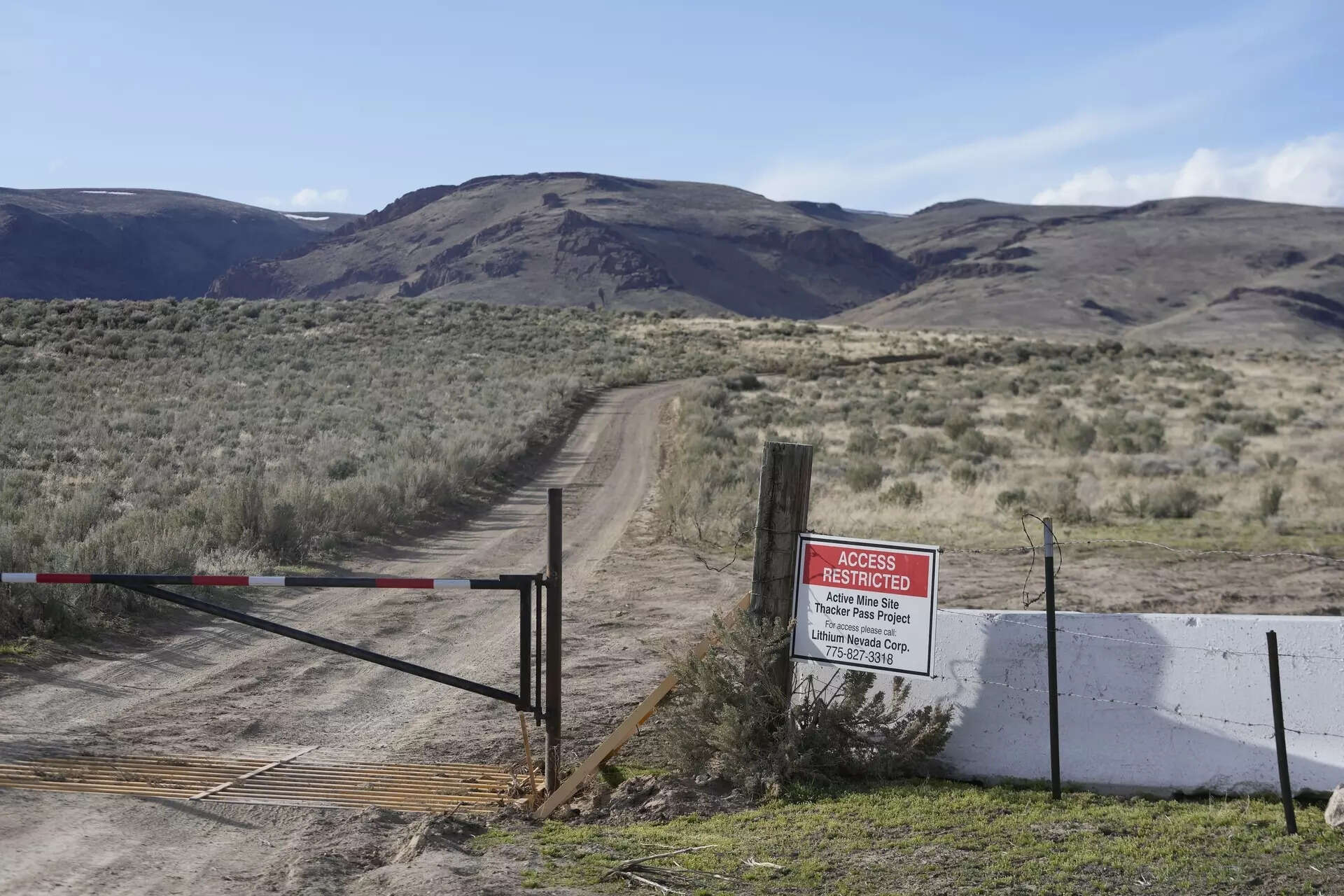
Exxon Mobil , Albemarle and others eyeing ways to tap Arkansas‘s vast lithium reserves will gather in Little Rock this week as the industry grapples with sagging prices for the battery metal that have spooked investors and fueled layoffs.
More than 625 people – including policymakers, bankers and corporate executives – are set to attend the sold-out Arkansas Lithium Innovation Summit on Thursday and Friday.
Among topics for discussion is how direct lithium extraction (DLE) technologies could be used to make Arkansas the epicenter of the U.S. lithium industry by filtering the metal from the underground Smackover brine formation.
“This could be a big boon for our state,” Arkansas Governor Sarah Huckabee Sanders, a Republican, told Reuters. “We have the resource, we have the right regulatory environment, and we have a very business-friendly climate.”
Bromine – a chemical used in fire extinguishers – has been extracted from the Smackover’s salty brines for decades by Lanxess, Albemarle and others.
DLE offers the prospect of also filtering lithium from that brine before it is reinjected back underground without the use of traditional evaporation ponds, something that has never before been done at commercial scale.
Extracting lithium from brine is a complex chemical process and there have also been practical considerations to address, such as tackling pipe corrosion.
Nonetheless, a crop of companies is in hot competition to be the first to commercially deploy DLE.
Analysts estimate the Smackover could contain more than 4 million metric tons of lithium, enough to make millions of electric vehicles and other electronic devices.
While lithium demand is expected to jump later this decade, recent overproduction in China has dragged on prices. A basket of lithium prices compiled by Benchmark Mineral Intelligence has dropped 80% in the past year.
That led Albemarle to lay off workers and slash its budget last month, although the company said it would continue to fund its Arkansas DLE project. Rival Piedmont Lithium, which is developing a North Carolina lithium project, cut nearly a third of its staff this month.
Summit Nanotech, a privately held DLE technology developer that is a conference co-sponsor, said it is less concerned about short-term lithium prices and more interested in U.S. growth.
“We’re all trying to understand the potential and challenges of the market in Arkansas,” said Sandro Mazzini, Summit’s chief commercial officer.
The Arkansas Oil and Gas Commission, which oversees brine extraction, has not yet set the state’s crucial lithium royalty rate, for instance.
“I want us to be very thoughtful so that however we set this (lithium royalty) up, it’s done correctly,” said Sanders, who served as White House press secretary from 2017 to 2019 under former President Donald Trump. Sanders said Trump sees lithium production as part of his push to bolster U.S. energy independence.
“I have full confidence that President Trump sees the importance of lithium to an all-of-the-above energy strategy,” Sanders said.
Exxon – which last year paid more than USD 100 million for lithium-rich Arkansas acreage – and partner Tetra Technologies aim to be the first to produce the metal in Arkansas by 2026.
Tetra, which produces chemicals for water treatment and recycling, said it hopes the royalty reflects technical challenges to filter lithium.
“We’ll have to spend a lot of money and deploy a lot of technology to extract pretty small volumes of lithium out of large volumes of brine,” said Brady Murphy, Tetra’s CEO. “That’s part of the complexity of getting this equation right.”
Koch Industries-backed Standard Lithium, which has been trying to produce lithium in the state since at least 2018, is also a conference co-sponsor.

